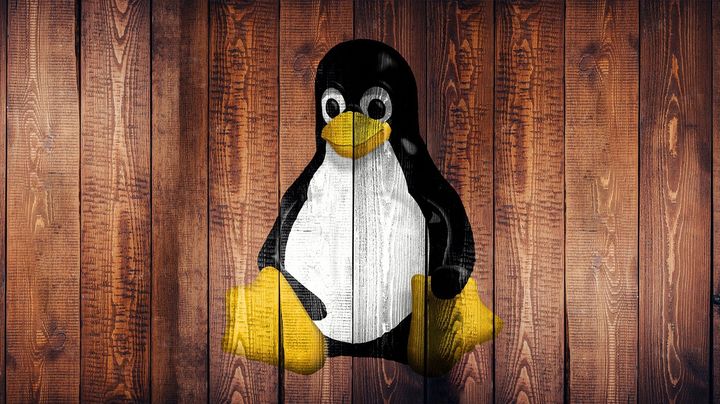Flatpak vs Snap - Which one is better?

Flatpak vs Snap. In this article, we’ll take a look at some of the main differences between Flatpak and Snap and some of the main benefits that each one offers.
What is Flatpak?
Flatpak is a technology for creating and distributing software applications in a manner that is similar to a traditional software package, such as a .rpm or .deb file. However, unlike traditional software packages, which are typically installed on a user’s computer by a package manager. So, Flatpak applications are in the isolated sandbox that is isolated from the rest of the system. This allows Flatpak applications to run on a variety of different Linux distributions without the need to recompile them for each distribution.
What is Snap?
Snap is a package manager for Ubuntu that allows you to install and manage apps. The Creator of Snap is Canonical, the company behind Ubuntu, and was first released in October 2016. Snap is very easy to use and easy to install. It is also a secure environment so that you can rest assured that your apps are safe to use. Snap is a great alternative to other package managers such as apt and yum.
Flatpak vs Snap
The main difference between Flatpak and Snap is their design. Flatpak is a technology for creating and distributing software applications. On the other hand, Snap is a package manager. This means that Flatpak applications can run on a variety of different Linux distributions without the need to recompile them for each distribution. Snap apps can only run in an environment they’ve been compiled for.
Origin of Flatpak and Snap
Flatpak was originally developed by Red Hat as a technology. I should fulfill the need for creating and distributing software applications. However, the project was later abandoned by Red Hat and picked up by a community of developers. Snap comes from the hands of Canonical, the company behind the Ubuntu Linux distribution.
Safety of this solution
Both Flatpak and Snap applications are running in a sandboxed environment. It means complete isolation from the rest of the system. This isolation makes it difficult for malicious code injection into Flatpak and Snap applications. This fact makes them safe to use. On the other hand, both Snap and Flatpak are more robust than packages from the package manager of your distribution. However, if you are looking for a sandboxed environment, there you probably couldn’t find anything better these days.
Which one is better?
There is no clear answer as to which technology is better. Both Flatpak and Snap have their advantages and disadvantages. Flatpak main purpose is creating and distributing software applications. Snap functionality is closer to classic well know package managers. This means that Flatpak applications can run on a variety of different Linux distributions without the need to recompile them for each distribution. So, Snap applications can only run on the distribution for which they were compiled.




Comments ()